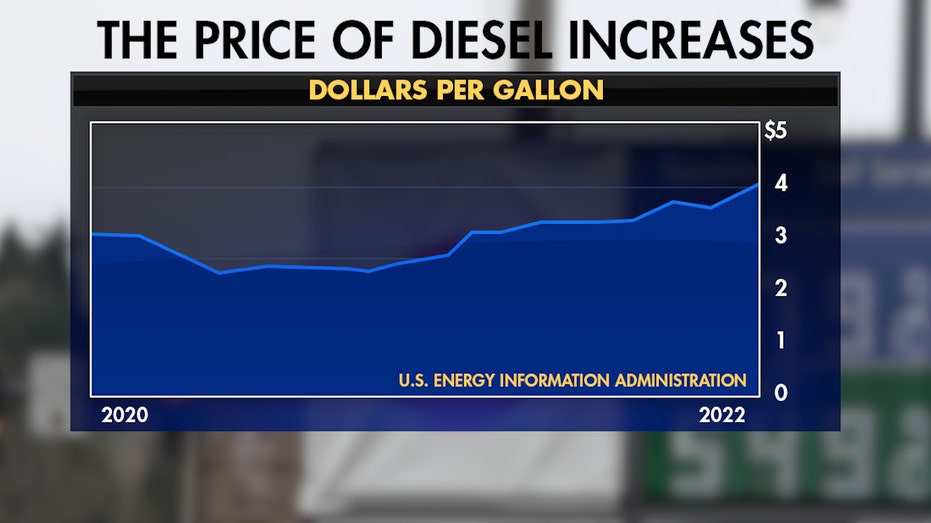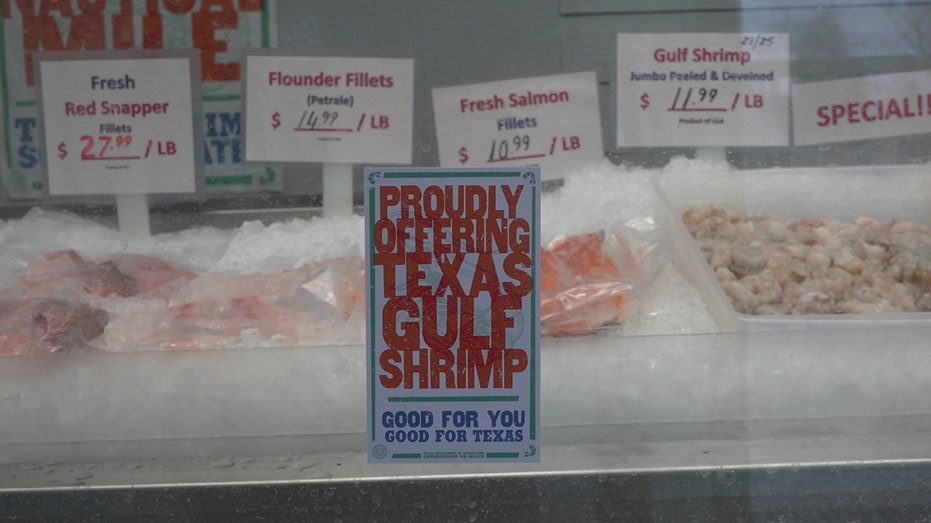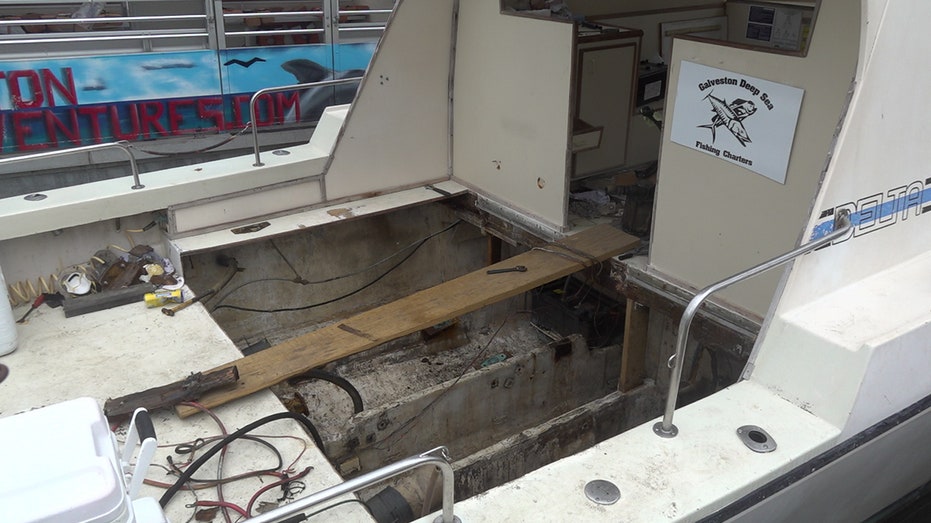High gas prices hurt fishing, boating industries
Diesel fuel prices have surged in past 2 years
Fishing and Boating Industry Affected by High Fuel Costs
According to the U.S. Energy Information Administration, the price of diesel has nearly doubled over the past two years, from averaging $2.40 per gallon in 2020, to more than $4.00 dollars per gallon this year.
GALVESTON, Texas – High gas prices are increasing the cost of boat rentals and charters, leaving boat captains like Cody Kenney of Galveston Deep Sea Charters in Texas with two choices: cancel charters that are not profitable, or increase ticket prices.
"We’re just having to charge more, because if you look at it, if you have a small tank, 20 or 30 gallons, it’s only a small increase, but if you have 3, 4 or 500 gallons that you’re burning in one trip, that’s a significant change," Kenney said.
Nello Cassarino runs Galveston Shrimp Company, and he says the increases are not just hitting the tourism industry.

"Everything that we do involves fuel. From our boats fishing, to our trucks that deliver the product, everything that we use to run our business, we see at least a 35% increase, if not more in some categories" Cassarino said. He feels passing those prices onto the consumer isn’t a reliable option.
"The consumer, at some point, will stop buying it. It turns into a ripple effect where the plants have to start laying off employees, trucks stop moving. It's not a good thing," Cassarino added.
HOW WASHINGTON CAN END THE INFLATION CRISIS HE CREATED
According to the U.S. Energy Information Administration, the price of diesel has nearly doubled over the past two years, from averaging $2.40 per gallon in 2020 to more than $4 per gallon this year.

The shrimping industry points out that it's not always possible to pass along added costs to customers. (FOX Business)
Kenney said Galveston Deep Sea Charters has a plan for keeping prices low. He's replacing the company's boat engines.
GET FOX BUSINESS ON THE GO BY CLICKING HERE
"Getting these new engines, more fuel-efficient engines, in the boat is pretty important to us," Kenney added.

The boating industry has been hit hard by rising gas prices. (FOX Business)
As for the seafood industry, Cassarino said the fix is not as easy – and customers will soon see more of the trickle-down effect of high fuel.
CLICK HERE TO READ MORE ON FOX BUSINESS
"Eventually you’ll see empty shelves. Boats will stop going out because they can’t afford to. Even if the boats went out, the prices would be so high that the consumer wouldn’t buy it. Once the consumer stops buying it then there’s no incentive for a grocery store to carry it," Cassarino warned.
The U.S. Department of Agriculture reported that fish and seafood prices rose by 1.3% in January. They’re predicted to increase between an average of 3.5% and 4.5% by the end of the year.





















